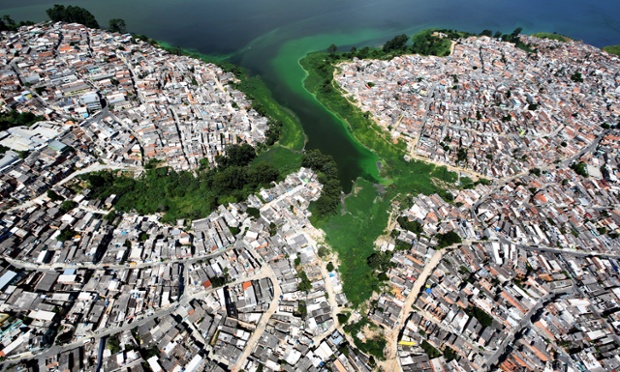Why Brazil’s megadrought is a Wall Street failure
First published in the Guardian on April 10th, 2015
It’s hard to overestimate the appalling environmental and economic crisis that’s brewing in Brazil right now. The country is in the grip of a crippling megadrought – the result of pollution, deforestation and climate change – that deeply threatens its economy, society and environment. And the damage may be permanent: São Paulo, Brazil’s largest city and industrial center, has begun rationing water and is discussing whether or not it will need to depopulate in the near future.
But if Brazil’s drought is shocking, Wall Street’s shortsighted approach to the country is appalling. Institutional investors’ reports on the country – the seventh largest economy in the world – cite worries about inflation, government cutbacks and low consumer confidence. But I could not find a single analysis that mentioned the existential threat facing the country: the megadrought that is expected to last decades and could destroy the Brazilian economy. Not a single analysis cited the brutal global impact that this will cause.
In other words, a host of institutional investors have found worrisome things to say about Brazil, but none seem to be aware of – or, at least, willing to face – the country’s greatest threat.
Attempting to separate economies from environment – as many of these analysts seem to do – is like trying to separate mind and body. It simply doesn’t work.
We will never repair our business models and government policies to conform to the real environmental constraints of the 21st century until we repair this fundamental flaw in our economic system. Investors and analysts regularly review a host of factors – including national debt, inflation,


